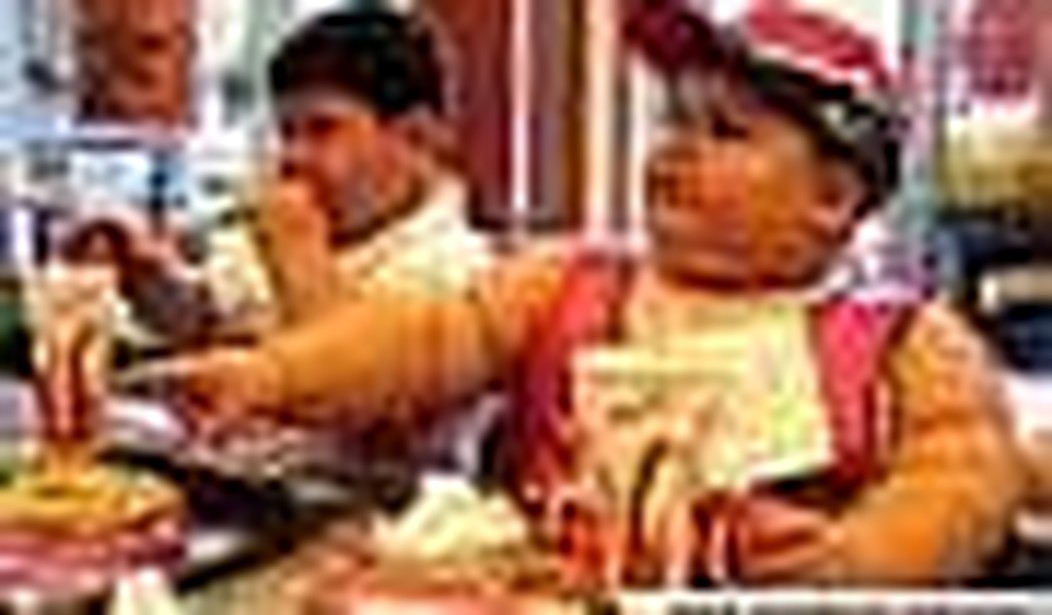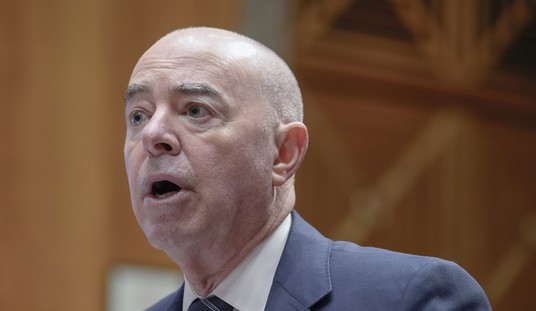During the past decade, the British government has adopted an interventionist stance towards the management of family life. It continually lectures mothers and fathers about how to bring up their children and it constantly criticizes parents for behaving in ways that run counter to the ethos of expert-approved child rearing. The government does not simply advise or provide information, it is also in the business of saving children from their parents.
In early November a six-year-old boy from Derby was taken into care by social workers for being overweight. This is the first time that obesity has been listed by social workers as one of the reasons for taking a child away from its family. But behind the scenes more and more families are targeted by social services. Last month it was reported that seven obese children have been put into care and that obesity was a factor in at least 20 child protection cases last year.
In recent years public officials and child protection experts have taken upon themselves to police the weight of youngsters. Many of them take the view that parents who allow their children to become overweight or obese are actually guilty of child abuse. Back in February 2007, when two men in Cambridgeshire were convicted of causing unnecessary suffering by allowing their dog to become obese, child protection entrepreneurs responded by inviting the state to react the same way to abusive parents. “We wouldn’t treat a dog this way,” argued Tam Fry of the Child Growth Foundation before stating that since child obesity is a form of abuse, parents should be held to account. Dr. Tom Solomon, a doctor at Royal Liverpool University Hospital, pointed out that since the state punishes parents who do not send their children to school, why not penalize them for making their kids fat?
During the past year, the crusade to expand the meaning of child abuse to encompass obesity has gained significant momentum. Only a few months ago, David Rogers, the public health spokesman for the Local Government Association, announced that “parents who allow their children to eat too much could be as guilty of neglect as those who did not feed their children at all.”
His big idea was to subject overweight youngsters to child protection procedures. The main outcome of this campaign is to encourage the surveillance of parental behavior. This approach was advocated by Dr. Colin Waine, former head of the National Obesity Forum, who called for closer monitoring of children to avoid them being taken into care. He stated that “this would enable appropriate action to be taken so we eliminate the need for such drastic measures.” As if policing parents was not drastic enough!
Thankfully there are still some health professionals who are prepared to argue that obesity is not a child protection issue. My friend, Dr. Michael Fitzpatrick, argues that it is illegitimate to equate bodily harm that is “the direct result of parental abuse” with long term health risks that are the “result of a complex (and poorly understood) combination of factors, including the wider ‘obesogenic’ environment — cheap, fast and fattening food, sedentary lifestyles, and so on — as well as the behavior of the child and her parents.”
The readiness with which officials and experts are prepared to accuse parents of abuse is symptomatic of a cultural climate where parents are not trusted to bring up their children. Since the Tony Blair years officials have opted for policies that rely on getting their hands on the nation’s toddlers before their parents get a chance to ruin them.
To counter what they perceive as the “parenting deficit” they promote the idea of “early intervention” in family life. The tone of the crusaders promoting state intrusion into private life have become more assertive. It was in this vein that former Children’s Minister Margaret Hodge insisted that the government has a “powerful” role to play in family life. She argued that “it’s not a question of whether we should intrude in family life, but how and when.”
No doubt as far as she is concerned, policing overweight children is an exemplary way for the state to exercise its “powerful” role.









Join the conversation as a VIP Member